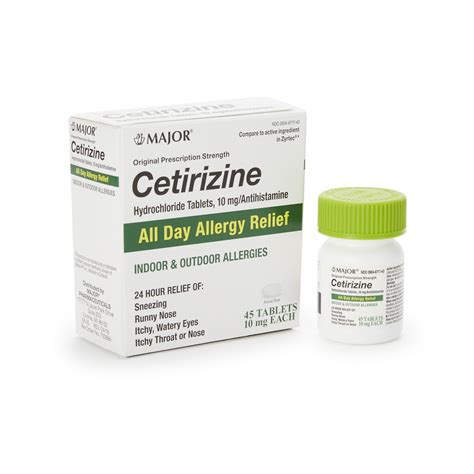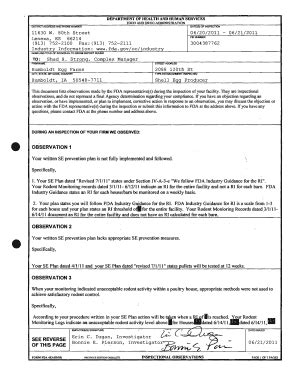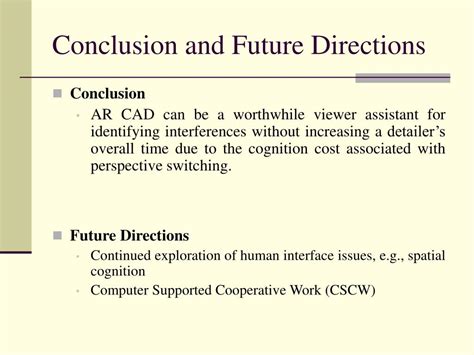Intro
Cetirizine, an antihistamine medication, has been widely used for its effectiveness in treating various allergic conditions. Allergies can significantly impact an individual's quality of life, causing discomfort, pain, and in severe cases, life-threatening reactions. The importance of understanding and managing allergies cannot be overstated, as it allows individuals to live more comfortably and reduce the risk of complications. Cetirizine has emerged as a crucial tool in this endeavor, offering relief from symptoms associated with allergies. Its mechanism of action, benefits, and uses make it a preferred choice among both healthcare providers and patients.
The prevalence of allergies has been on the rise globally, affecting people of all ages. This increase has led to a heightened interest in medications like cetirizine, which can provide quick and effective relief from allergic reactions. Cetirizine works by blocking the action of histamine, a substance in the body that causes allergy symptoms. By understanding how cetirizine works and its applications, individuals can better manage their allergies and improve their overall health. Furthermore, the availability of cetirizine in various forms, such as tablets and syrup, makes it accessible to a wide range of patients, including children and adults.
The benefits of cetirizine extend beyond just relieving symptoms; it also improves the quality of life for individuals suffering from allergies. By reducing the frequency and severity of allergic reactions, cetirizine enables people to engage in daily activities without the fear of an unexpected allergy attack. This aspect is particularly significant for children, as it allows them to participate fully in school and extracurricular activities. Moreover, cetirizine's effectiveness in treating allergies has been supported by numerous clinical trials, providing evidence of its safety and efficacy. As research continues to uncover the full potential of cetirizine, its role in allergy management is likely to expand, offering new hope for those struggling with allergies.
What is Cetirizine?

How Does Cetirizine Work?
Cetirizine's mechanism of action involves the competitive inhibition of histamine at the H1 receptor sites, which are located on the smooth muscle, endothelium, and mucous glands of the nose, bronchi, and skin. By blocking histamine, cetirizine prevents the allergic response, thereby reducing the symptoms associated with allergies. This action is specific to the peripheral H1 receptors, minimizing the crossing of the blood-brain barrier and reducing the sedative effects commonly seen with first-generation antihistamines.Benefits of Cetirizine

Common Uses of Cetirizine
Cetirizine is used for a variety of allergic conditions, including: - **Hay Fever (Allergic Rhinitis):** Characterized by symptoms such as sneezing, runny or itchy nose, and nasal congestion. - **Allergic Conjunctivitis:** Involves itchy, watery eyes due to an allergic reaction. - **Urticaria (Hives):** Itching and raised patches on the skin, often caused by an allergic reaction. - **Atopic Dermatitis (Eczema):** Although not a primary treatment, cetirizine can help relieve itching associated with eczema.Side Effects and Precautions

Interactions with Other Medications
Cetirizine can interact with other medications, such as: - Sedatives and tranquilizers, which can increase the risk of drowsiness. - Theophylline, used for asthma and COPD, as cetirizine may increase theophylline levels. - Certain antidepressants, which can increase the risk of serotonin syndrome.Administration and Dosage

Overdose and Missed Dose
In case of an overdose, symptoms may include drowsiness, confusion, and fast heart rate. If a dose is missed, it should be taken as soon as remembered, unless it's close to the time for the next dose. In such cases, the missed dose should be skipped to avoid double dosing.Conclusion and Future Directions

Final Thoughts
The importance of cetirizine in modern medicine is undeniable, given its efficacy and safety profile. By providing relief from allergy symptoms, cetirizine not only improves physical comfort but also enhances psychological well-being by reducing the anxiety associated with unpredictable allergic reactions. As healthcare continues to evolve, medications like cetirizine will play a critical role in managing allergies and improving patient outcomes.What is cetirizine used for?
+Cetirizine is used to relieve allergy symptoms such as runny nose, sneezing, itchy or watery eyes, hives, and itching.
Is cetirizine a non-drowsy antihistamine?
+Yes, cetirizine is considered a non-drowsy antihistamine, although it can cause drowsiness in some individuals, especially at higher doses.
Can cetirizine be used in children?
+Yes, cetirizine can be used in children. The dosage varies based on age, and it's essential to follow the recommended dosage and consult with a healthcare provider.
What are the common side effects of cetirizine?
+Common side effects include drowsiness, dry mouth, headache, stomach pain, and diarrhea. It's essential to report any side effects to a healthcare provider.
Can cetirizine interact with other medications?
+Yes, cetirizine can interact with other medications, such as sedatives, theophylline, and certain antidepressants. It's crucial to inform a healthcare provider about all medications being taken.
We invite you to share your experiences or ask questions about cetirizine in the comments below. Your input can help others understand the benefits and potential side effects of this medication, fostering a community that supports informed healthcare decisions. Additionally, if you found this article informative, please consider sharing it with others who might benefit from learning about cetirizine and its role in managing allergies.
